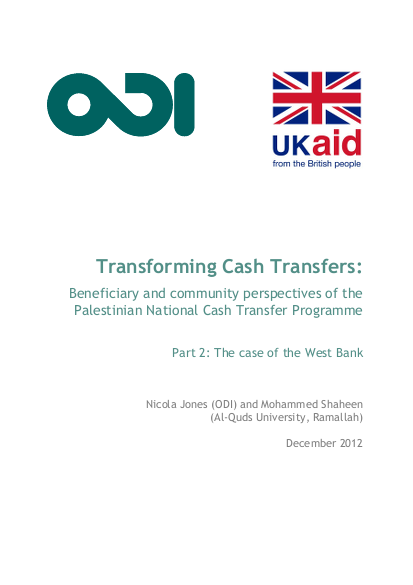
There is growing evidence of the impact of social protection on reducing poverty and vulnerability, and social protection measures are increasingly being implemented in developing countries as a buffer against severe economic shocks or continued chronic poverty, especially targeting vulnerable groups. Many countries in the Middle East region have a long history of social protection rooted in a safety net approach. But there has been limited recognition of the social inequalities that perpetuate poverty, such as gender inequality, unequal citizenship status, or displacement as a result of conflict, and of the role social protection can play in tackling these interlinked socio-political vulnerabilities.